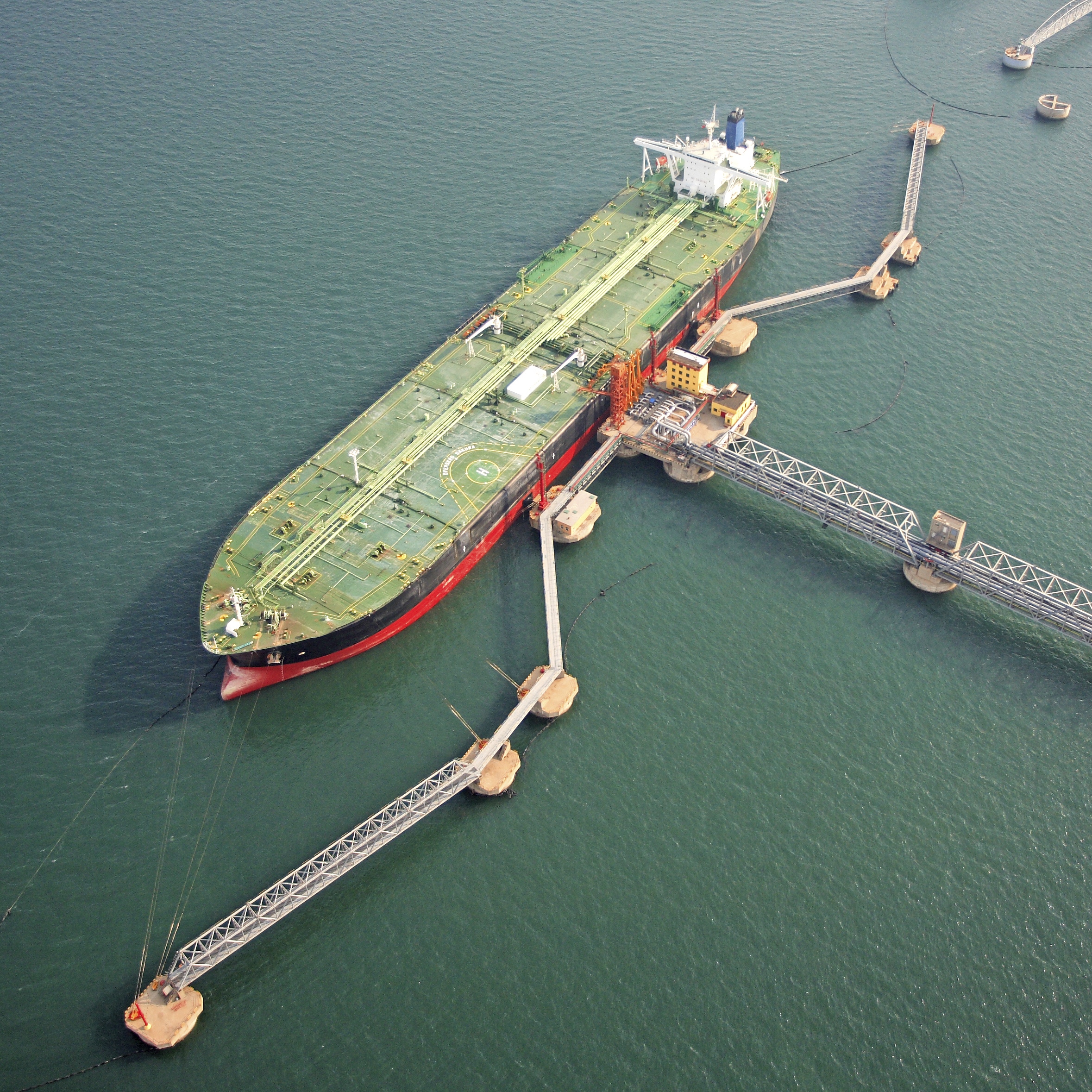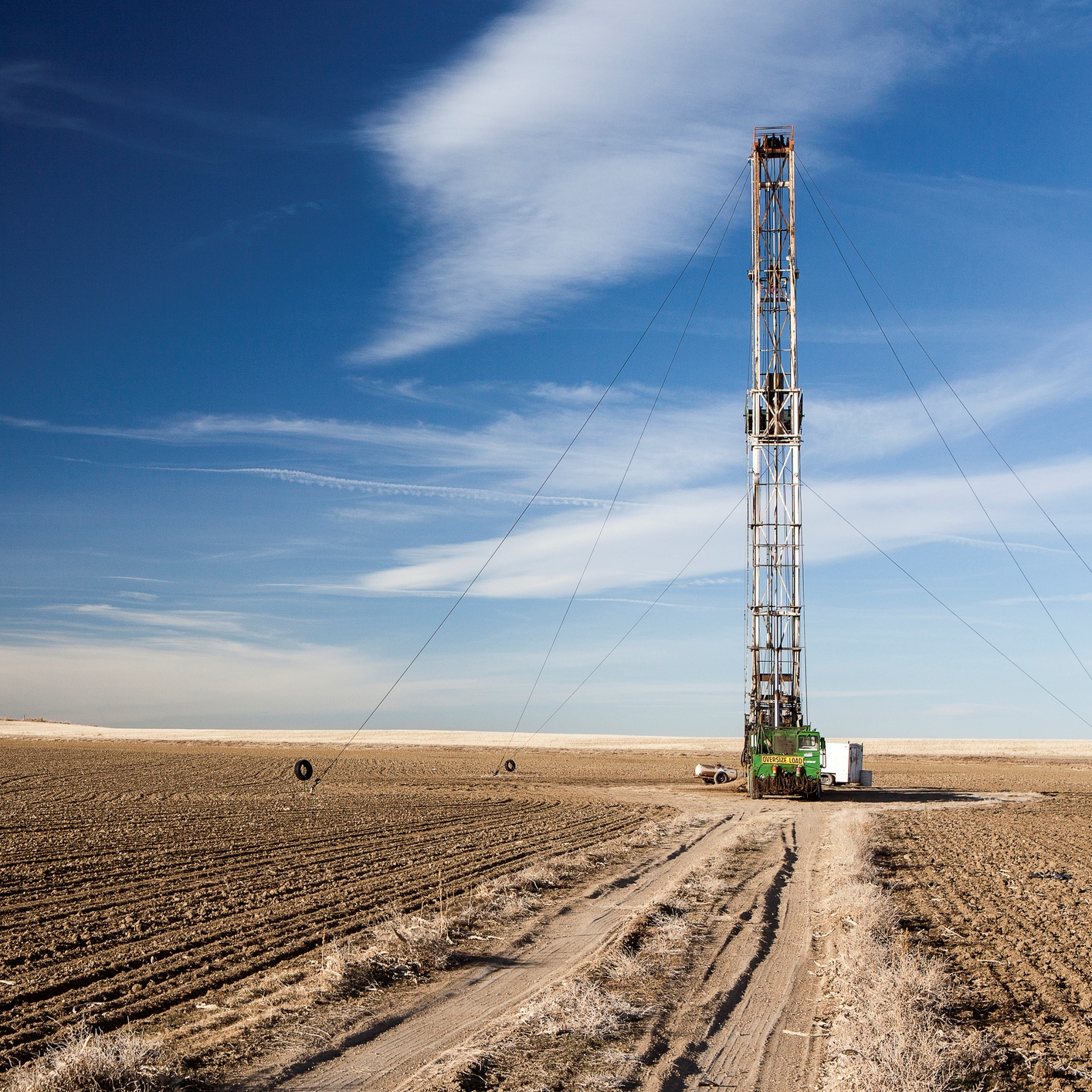
Ahead of Friday’s meeting of Organization of Petroleum Exporting Countries (OPEC) and non-OPEC oil ministers who joined forces more than a year ago to reduce the oversupply of crude oil, the group’s technical committee discussed lowering its target of bringing global stockpiles down to their five-year average to adopting a new target of reducing stockpiles to a seven-year average.
The reports drew a quick, tweeted response from U.S. President Donald Trump, who said that high crude prices “will not be accepted.”
Whether the president can actually carry through on that statement is arguable. There are simply too many moving parts in global crude markets that can affect prices.
Here’s the presidential tweet:
Looks like OPEC is at it again. With record amounts of Oil all over the place, including the fully loaded ships at sea, Oil prices are artificially Very High! No good and will not be accepted!
— Donald J. Trump (@realDonaldTrump) April 20, 2018
What could he actually do? For one thing, he could allow sales from the U.S. Strategic Petroleum Reserve, which currently holds about 665 million barrels. If that were to happen, the effect likely would be only temporary.
For another, the president could put pressure on Saudi Arabia to change its position. That is unlikely to succeed because the Saudis want prices to go higher both in order to refill their dwindling cash reserves and to boost the valuation of state-owned oil company Saudi Aramco ahead of its planned initial public offering.
Other possibilities would be to drop the president’s threat to reimpose sanctions on Iran, which could threaten a large chunk of the 1 million barrel a day increase that followed the relaxing of sanctions, lift financial sanctions on Venezuela or repeal the Jones Act. None is particularly likely because his desire to reimpose sanctions on Iran and keep sanctions Venezuela has been made clear. As for the Jones Act, he has been silent and probably will remain so.
By stretching out the average time period, OPEC and its partners effectively dilute the impact of the glut years and lower the average amount of oil stockpiles. The new, lower target would extend and perhaps even increase the production cut.
The cartel and its partners have reduced production by an average of around 1.8 million barrels a day and slashed the global stockpile oversupply from 341 million barrels in January 2017 to just 12 million barrels.
West Texas Intermediate (WTI) for May delivery dropped about 1% following the president’s tweet but recovered some of that to trade down about 0.6% Friday morning at $67.85, after settling last night at $68.29.
Want to Retire Early? Start Here (Sponsor)
Want retirement to come a few years earlier than you’d planned? Or are you ready to retire now, but want an extra set of eyes on your finances?
Now you can speak with up to 3 financial experts in your area for FREE. By simply clicking here you can begin to match with financial professionals who can help you build your plan to retire early. And the best part? The first conversation with them is free.
Click here to match with up to 3 financial pros who would be excited to help you make financial decisions.
Have questions about retirement or personal finance? Email us at [email protected]!
By emailing your questions to 24/7 Wall St., you agree to have them published anonymously on a673b.bigscoots-temp.com.
By submitting your story, you understand and agree that we may use your story, or versions of it, in all media and platforms, including via third parties.
Thank you for reading! Have some feedback for us?
Contact the 24/7 Wall St. editorial team.
 24/7 Wall St.
24/7 Wall St.


